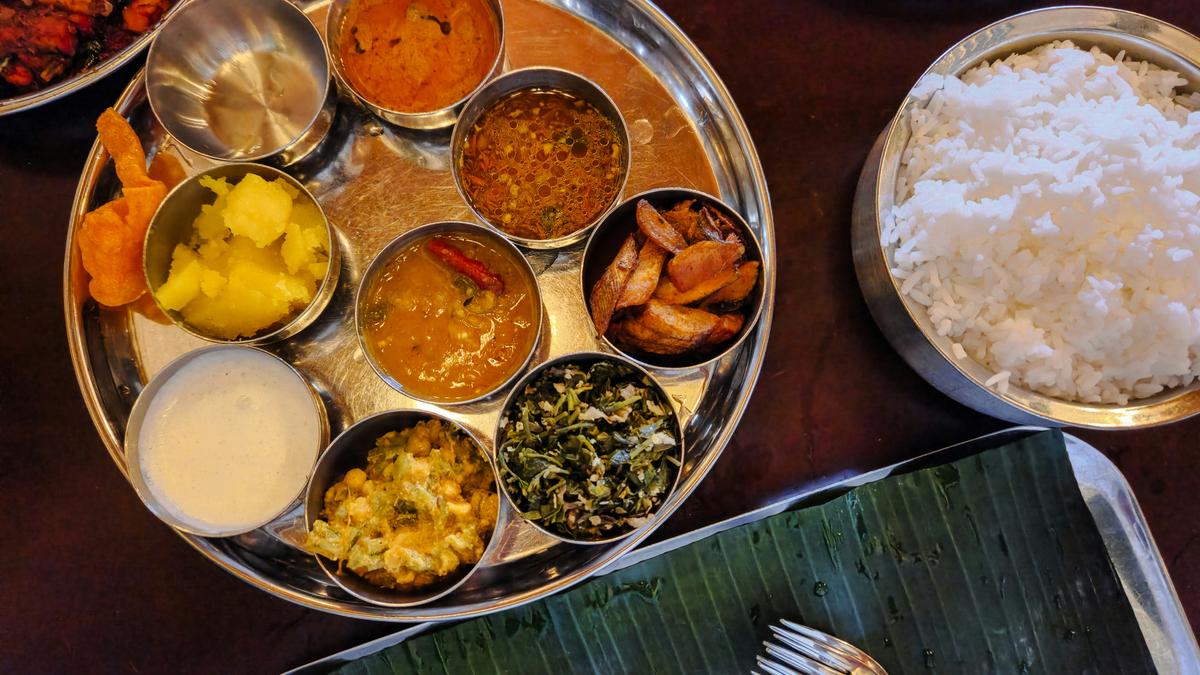Meals rich in carbohydrates, such as rice, bread, and sweets, raise the amount of glucose in the blood.
| Photo Credit: Zoshua Colah/Unsplash
We often feel sleepy after a meal because digestion changes how blood and energy circulate in the body. When we eat, the stomach and intestines start working to break down food and absorb nutrients. To support this work, the body directs more blood towards the digestive organs. As a result, less blood and oxygen reach the brain for a short while and this drop can make us feel drowsy or less alert.
The type of food we eat also affects how sleepy we feel. Meals rich in carbohydrates, such as rice, bread, and sweets, raise the amount of glucose in the blood. The body releases more insulin to use or store this glucose. Insulin, in turn, allows certain amino acids to enter the brain, especially tryptophan. Once inside, tryptophan helps produce serotonin and melatonin, two compounds that regulate mood and sleep. A heavy meal, therefore, not only diverts blood flow but also increases the level of sleep-inducing hormones.
Large or fatty meals add to this effect because they take longer to digest. The body continues sending blood to the stomach for several hours, keeping energy levels low and slowing down physical activity. Warm environments or a relaxed state after eating can make this drowsiness more intense.
People who eat smaller, balanced meals or include fibre and protein often feel less sleepy because digestion is steadier and blood sugar levels stay stable.
Published – October 14, 2025 03:22 pm IST
